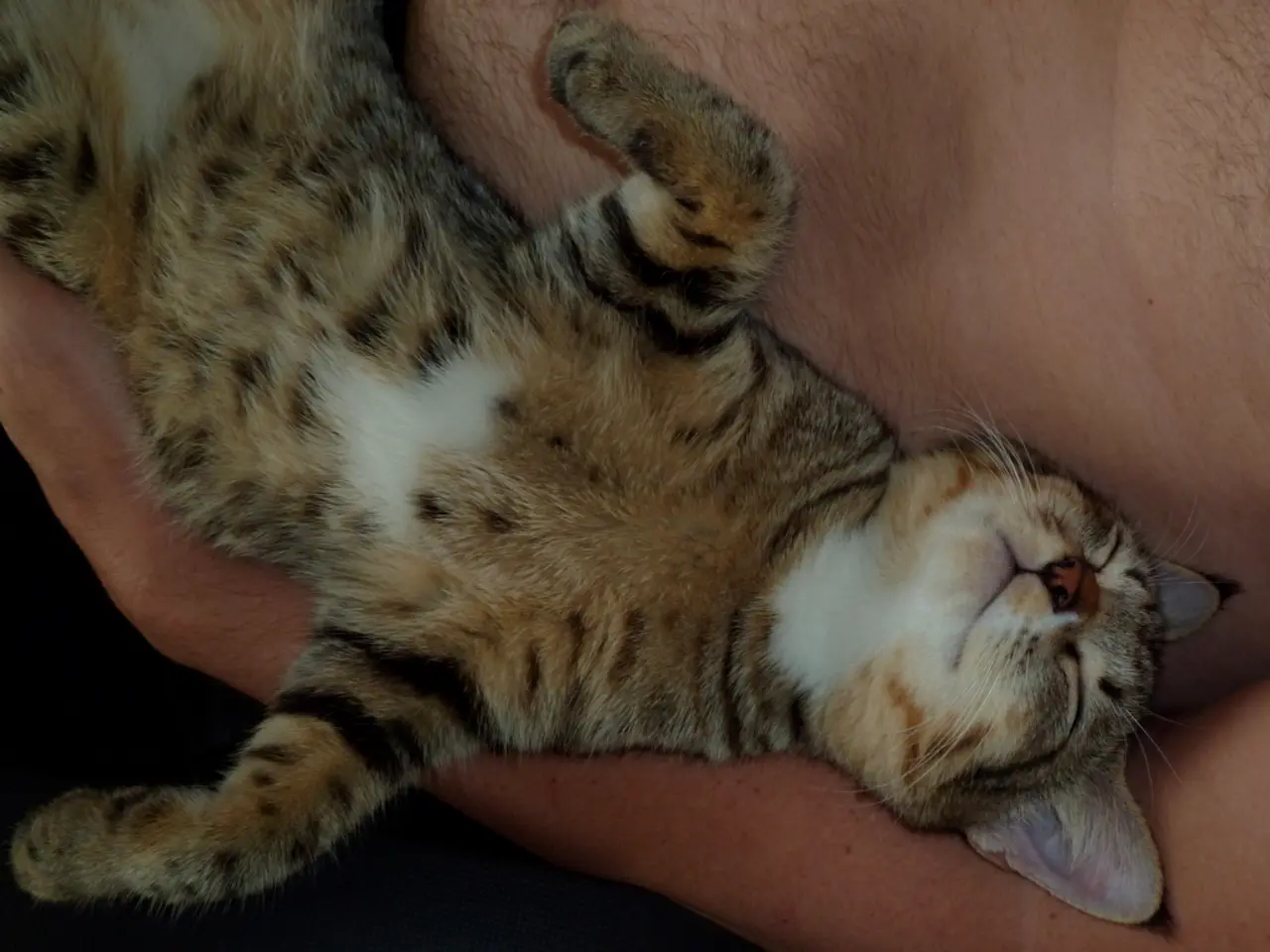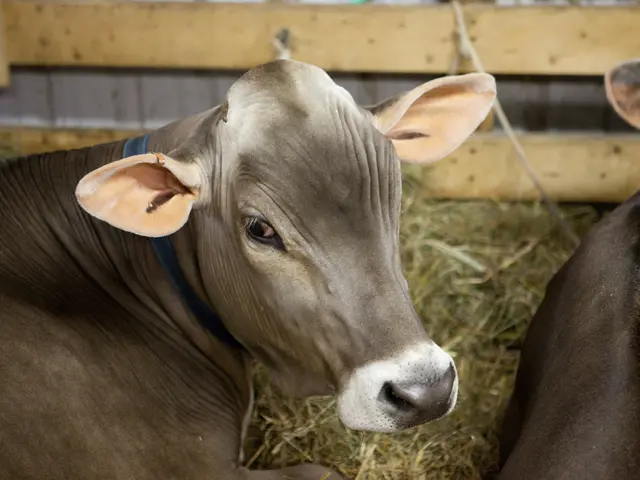Burping in Cats: Understanding Normal and Abnormal Scenarios
In the world of feline care, burping might not be a common topic of conversation, but it can be an indicator of potential health issues in cats. Here's a guide to help cat owners understand the causes, signs, and what to do when their cat starts burping excessively.
Firstly, it's essential to understand that an occasional burp in a cat is usually nothing to worry about. However, a sudden increase or change in severity may suggest a problem. Some indicators of an emergency in a cat include abdominal pain, lethargy, weakness, or difficulty breathing, which can accompany burping.
One common cause of increased burping in cats is the presence of a foreign object in the stomach or intestines, such as a string or hair tie. These objects can affect GI function and lead to an increase in burping. To reduce the likelihood of burping, feed your cat a high-quality, well-balanced diet suitable for their life stage. Avoid frequent diet changes, limit treats and table food, and keep them indoors to prevent them from ingesting harmful objects.
Feeding small, frequent meals and using a puzzle feeder to slow down mealtimes can also help. If you have multiple cats, feeding them separately can prevent competition and overeating. Regular veterinary checkups, staying up-to-date on all recommended vaccines, and giving year-round parasite control as recommended by the veterinarian can also help maintain a healthy digestive system and reduce the likelihood of intestinal worms.
Bacterial or parasitic infections can also lead to increased burping in cats by altering gas production and intestinal contractions. Some feline medications can also affect GI function, which may lead to an increase in burping.
If your cat begins burping regularly and this is a new behavior, a veterinary visit within the next few days is recommended. If the burping is accompanied by vomiting, this could be an emergency and requires immediate veterinary care. A foul odor accompanying a cat's burps may indicate dental disease or changes within the stomach or intestines, requiring a veterinary exam.
When it comes to kittens, the most frequent causes of burping include swallowing air while feeding, gastrointestinal upset, overeating, or sometimes digestive disorders. As with adult cats, if your kitten starts burping excessively, it's best to consult with a veterinarian to ensure your pet's health and well-being.
In conclusion, while occasional burping in cats is usually nothing to worry about, a sudden increase or change in severity may indicate a problem. If you notice your cat burping excessively, especially if accompanied by other symptoms, it's always best to consult with a veterinarian for guidance.
Read also:
- Struggles of Nepal's Himalayan wildlife amidst expanding livestock populations and road networks (opinion piece)
- Coverage of Medical Treatment Questioned: Patient Receives Bill for $17,000 Despite Insurance Promise of Coverage
- Shelter shuts down over avian illness affecting pigeons
- Social Change Advocates : A Compilation of Zines as Driving Forces








